Thursday, March 6, 2025
Essential 10 Brazilian Albums (Selected by Seu Jorge)
The Brazilian samba singer and versatile actor picks out the albums and artists from his country that he couldn’t live without
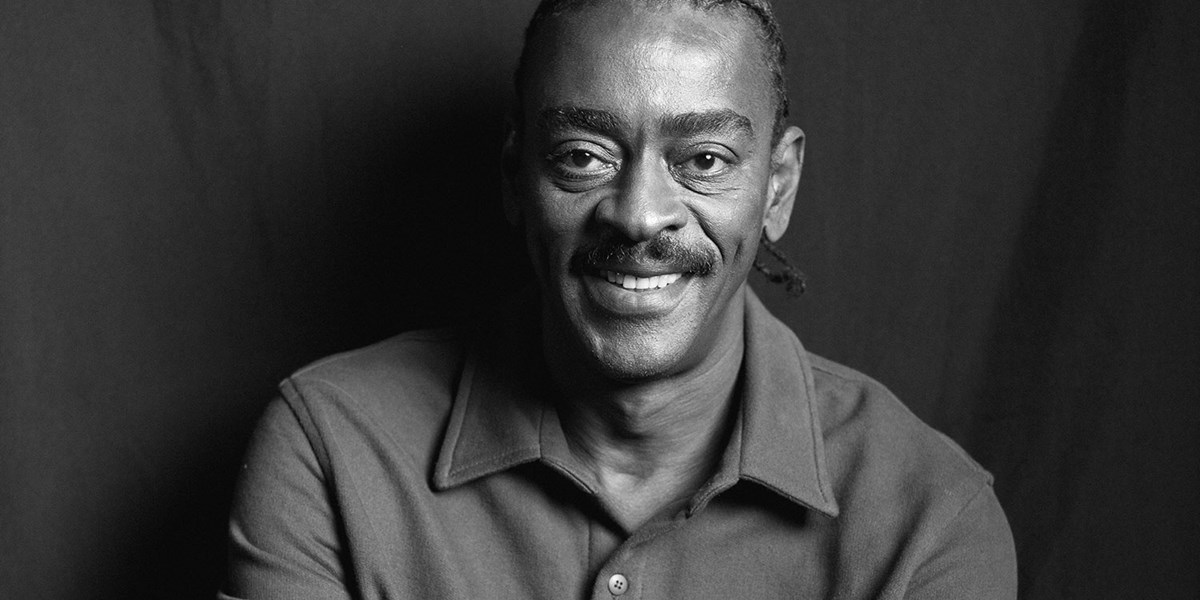
Seu Jorge emerged out of Rio’s samba circles and funk parties in the early 2000s with a distinct sound. Early albums like Samba Esporte Fino and Cru were packed with acoustic, urban samba full of heart and a decent dose of swagger. It’s a formula he’s never strayed away from too much, though his acting career opened him up to new audiences. First came his role in one of Brazil’s biggest arthouse successes, City of God (2002). Then, he created a lasting impression for his Portuguese-language David Bowie covers in Wes Anderson’s The Life Aquatic with Steve Zissou (2004) before more recently playing the title character in hard-hitting political thriller Marighella (2019). With a new album, Baile à la Baiana, just released, Seu Jorge will return to London’s Roundhouse on March 31 to play songs from his latest album and highlights from his career. Here, Jorge shares some of his favourite Brazilian albums
1. Jorge Ben
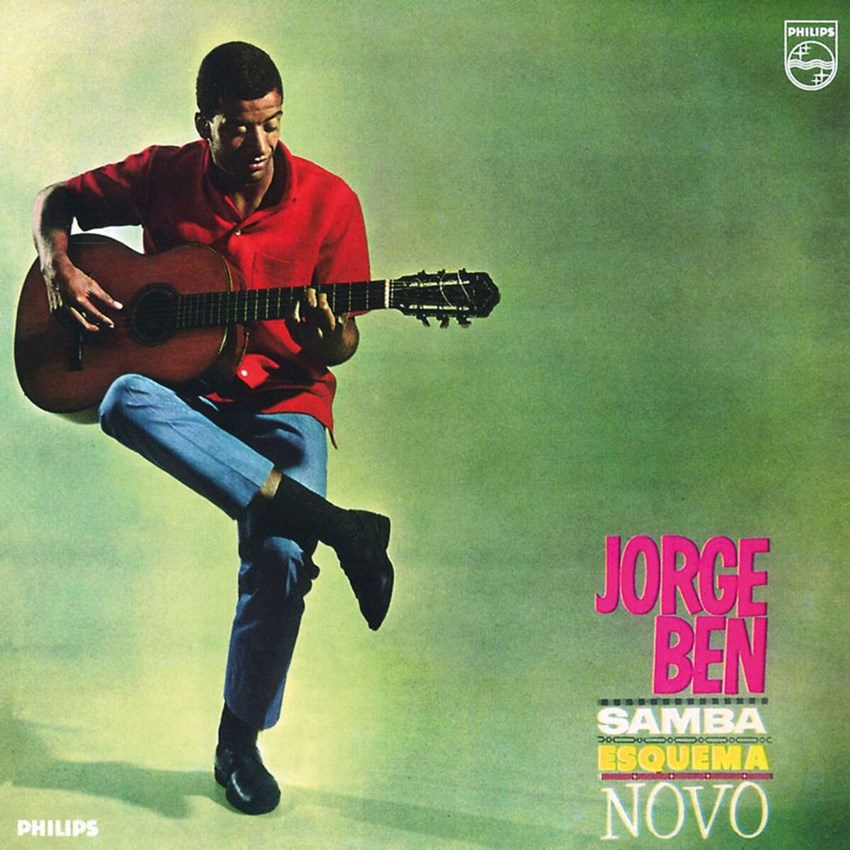
Samba Esquema Novo
(Philips, 1963)
A long time ago, I met the producer, Armando Pittigliani, a very old-school guy. He invited Jorge Ben to the studio, and when Jorge Ben appeared with his guitar and played all the songs, Armando said to him, “We have an orchestra, we have a conductor, we have everything, let’s record it.” They spent one week recording the album; it was very experimental. [Seu Jorge hums the main melody to ‘Mas Que Nada’, which features on the album]. There’s so much orchestra and so much sophisticated groove in the samba. It was the first time that this orchestral sound appeared in Brazil, in the world.
2. Tim Maia
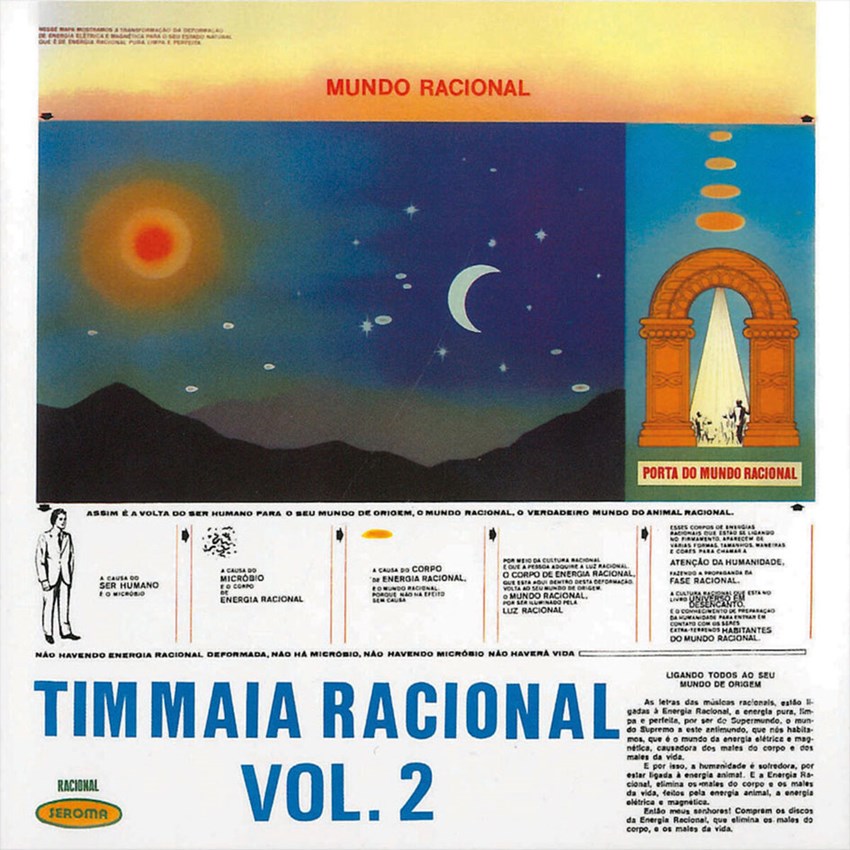
Racional Vol. 2
(Seroma, 1975)
Tim Maia was living in America in the 60s. He got arrested over there. I don’t know the true story about that, but he said that so many times: “I was arrested.” He spoke very, very good English, and he could sing good too, with a good accent, he captured the spirit of soul music of that time. When he came back to Brazil – I think he was deported – he packed so much into his music, all of his life and his experiences. He created his own identity for Black Brazilian music, Brazilian Afropop music. This album had a soft soul sound; it’s very special for me.
3. Chico Buarque
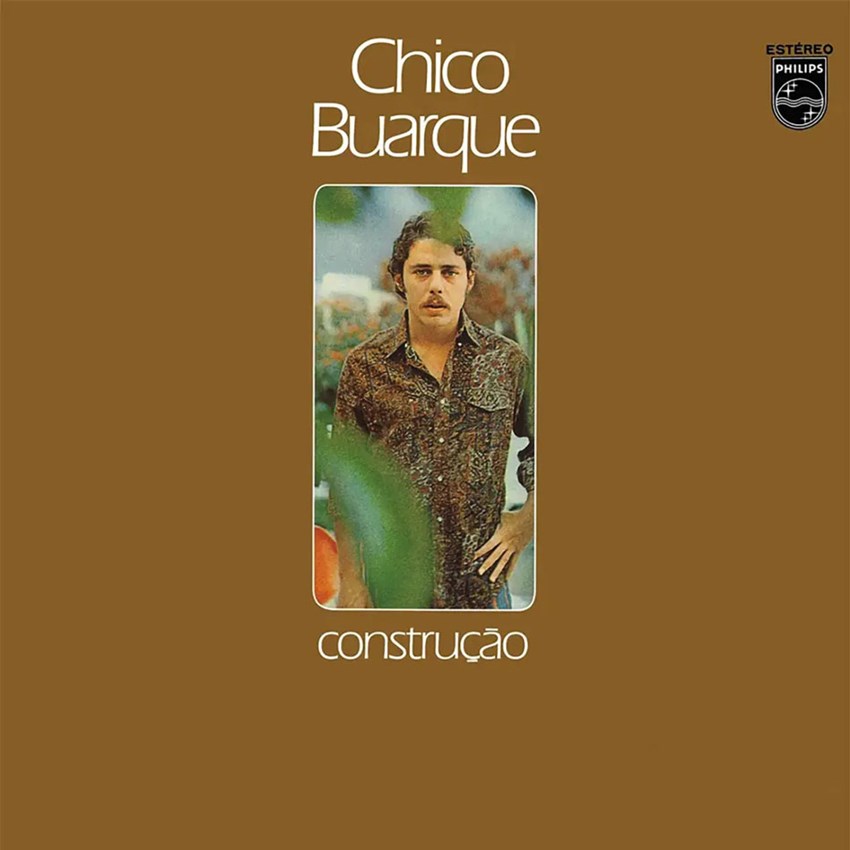
Construção
(Philips, 1971)
This is an incredible album: poetry, musicality, originality, commitment; it’s historical and atemporal. Chico Buarque, for me, is a master of Brazilian music. He was born into one very special family. His grandfather, Aurélio Buarque de Holanda, wrote the Portuguese dictionary. His father, Sérgio Buarque de Holanda, was a big intellectual in Brazil. He grew up with guys like [Heitor] Villa-Lobos and [César] Guerra-Peixe. He’s very important for Brazilian history, and Construção is a huge, beautiful piece of work.
4. Antônio Carlos Jobim
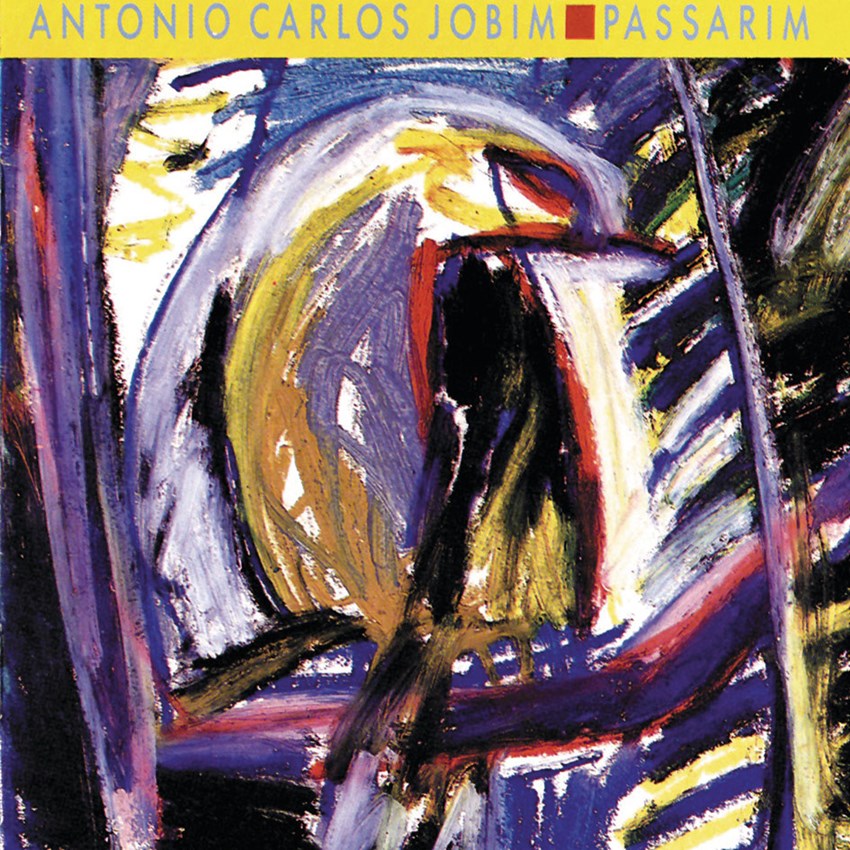
Passarim
(Verve Records, 1987)
It’s impossible to talk about Brazilian music if you don’t talk about Tom Jobim. I will say the album Passarim, but all the songs he created are very important for Brazil. You have to understand the originality he had to create with samba, a roots music we have because the Africans came to Brazil and the originality of the Indigenous, to get then the influence from Cole Porter, Bill Evans, the jazz influence. He made the culture very powerful; he made beautiful things for the world.
5. Elis Regina & Antônio Carlos Jobim
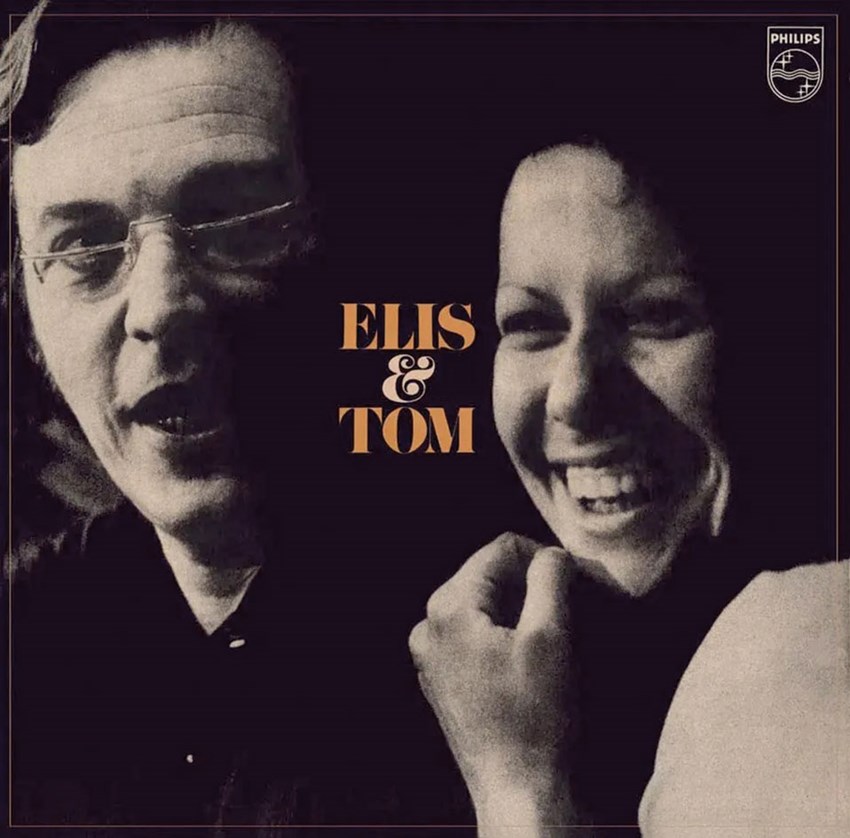
Elis & Tom
(Philips, 1974)
Elis’ voice is a great instrument. It’s a celestial voice, but at the same time, very in tune. In my opinion, she’s not just a singer; she is more like an actress, she knows how to shine light on the music. She always prioritises the interpretation; that’s always the mentality. She prioritises what the song says and what the poetry wants to be. She’s the greatest interpreter in Brazil because she has so much expression on stage, so much expression in the studio, she knows what she wants. She was very powerful in a male[-dominated] age of making music, a very strong woman who contributed a lot.
6. Chico Science & Nação Zumbi
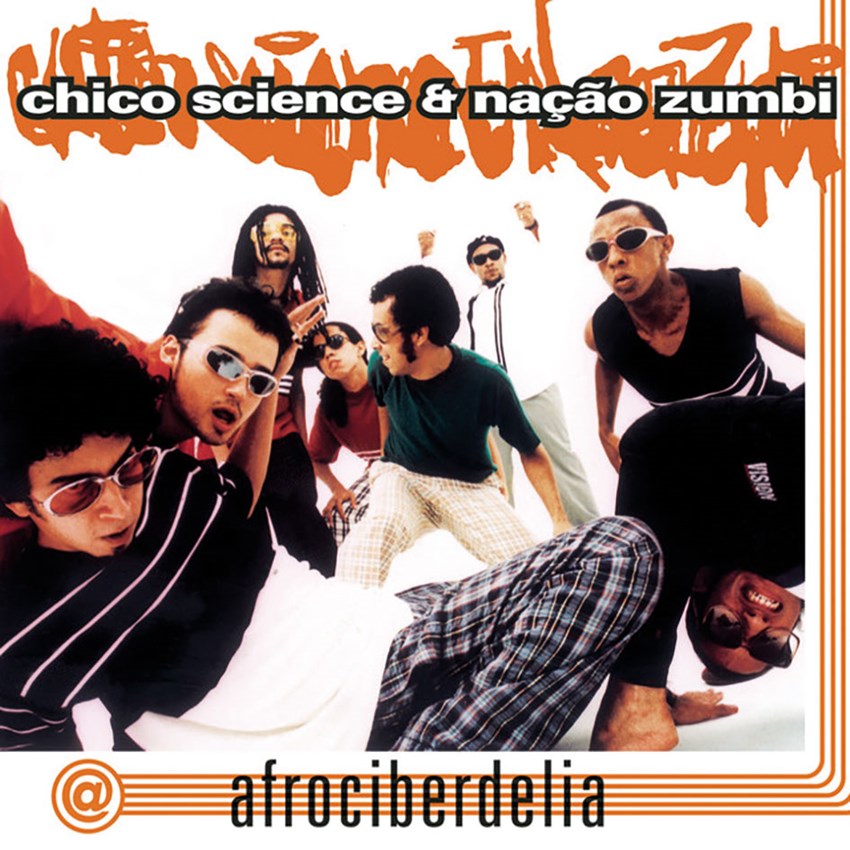
Afrociberdelia
(Chaos/Columbia, 1996)
One very important band for me is Nação Zumbi. It’s a band founded by a guy called Chico Science, a natural power. Great, great voice and great, great songwriter. He passed away, unfortunately [but] the band stayed together and released many albums. Afrociberdelia is the first album from Chico Science & Nacão Zumbi. It inspired my first band, Farofa Carioca. This album was the first time I heard the word maracatu – I’m from Rio; they’re from Recife, Pernambuco. One day, I listened to this with very hardcore guitar and maracatu; it was an incredible thing.
7. Milton Nascimento & Lô Borges
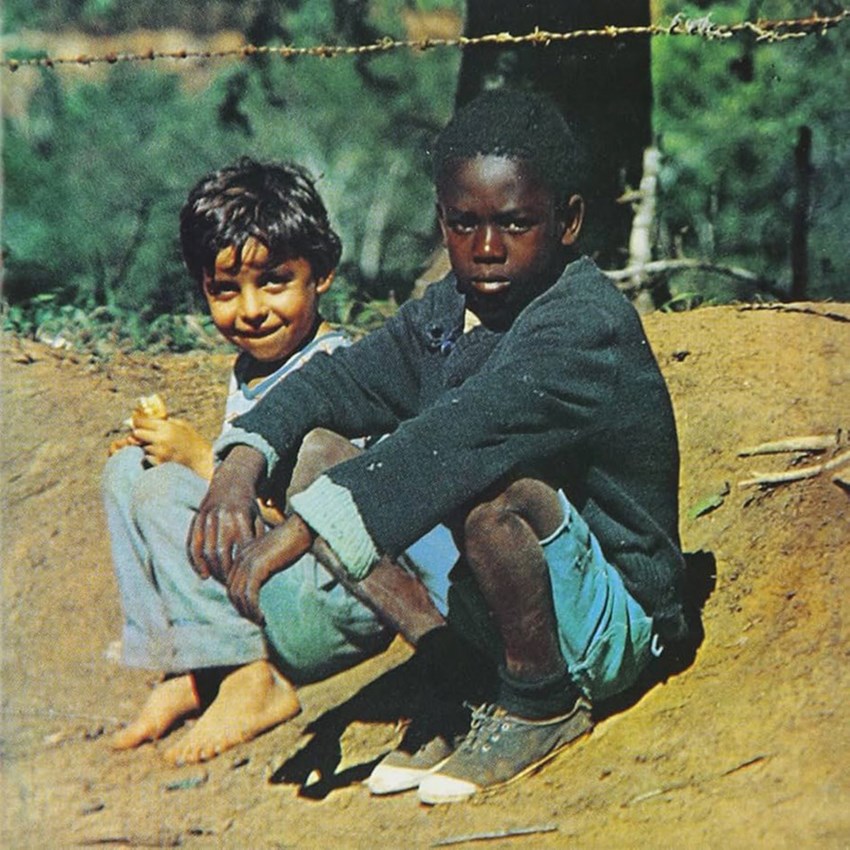
Clube da Esquina
(EMI-Odeon, 1972)
I think the two most beautiful and important singers in Brazil are João Gilberto and Milton Nascimento. All Black singers have a style, but Milton is different; he has an angel voice. His voice is for singing classical music, not popular. On many songs, he uses different timbres, and sometimes it’s very strange how he uses his voice; it has no vibrato; it’s clean and tight, incredible. He can carry a note across bars. Milton’s breathing, his control, his voice are beautiful to me.
8. Jovelina Pérola Negra
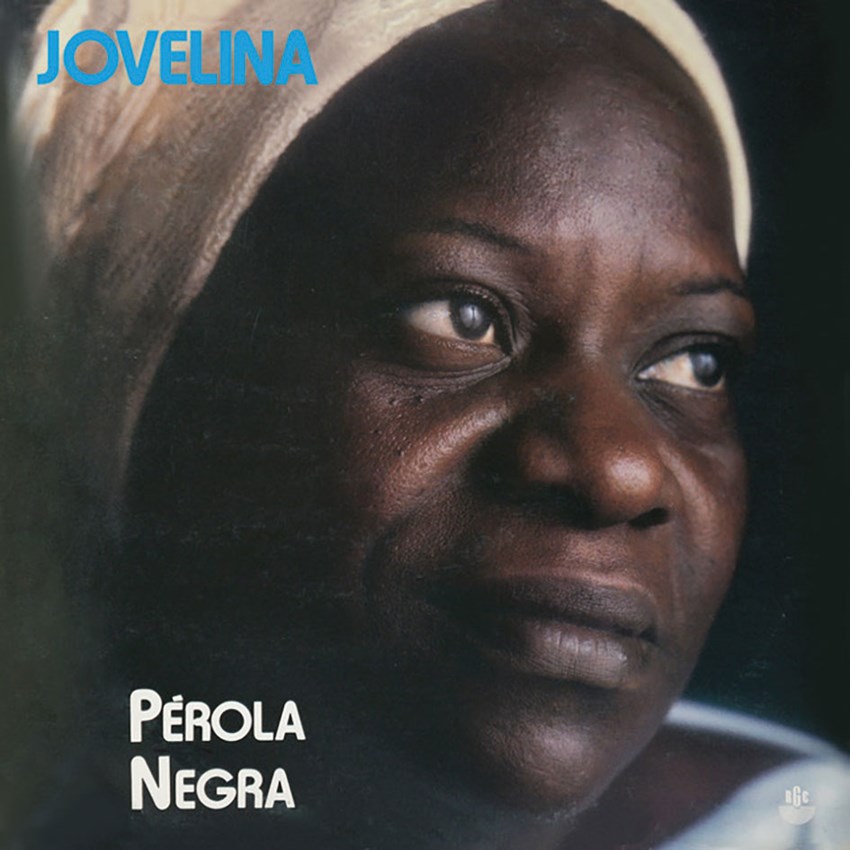
Jovelina Pérola Negra
(RGE, 1985)
She’s probably my aunt because she was a very, very close friend of my mum. She has a samba style; she was the first female to sing and play samba de partido alto, a style of samba. That style was also associated with Fundo de Quintal, a male samba group that was very, very important and revolutionary in many aspects. [For a real treat check out Jovelina & Seu Jorge’s duet of ‘Filosofia de Bar’ from the 2007 album Jovelina Duetos. It’s perhaps also worth noting that many online sources do clarify that Jovelina is in fact Seu Jorge’s aunt – ed]
9. Luiz Gonzaga
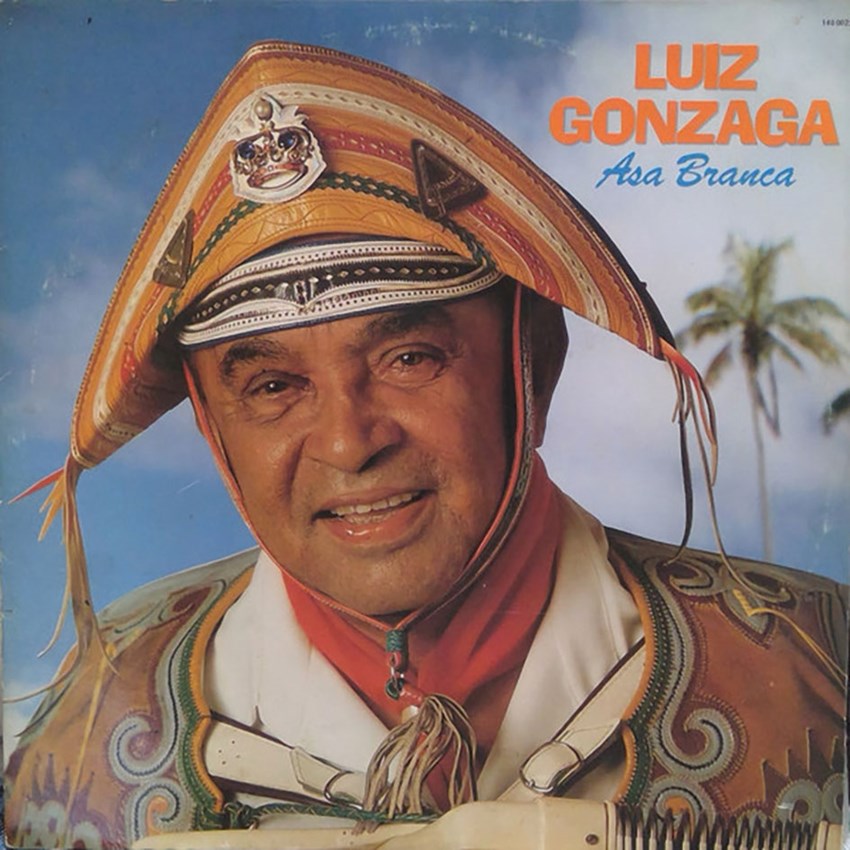
Asa Branca
(RCA, 1989)
Luiz Gonzaga is, for me, the most important creator in Brazil because he created a power trio, a real one. Just accordion, triangle and zabumba, which is a drum where you play the rhythm with a stick, [hitting it] above and then [below the drum]. He created one style in Brazil, forró, that you can’t compare to all the other styles. His creation defined people from the northeast of Brazil, the nordestinos. I’m so proud to have been born in the same country as Luiz Gonzaga. He’s like our Louis Armstrong.
10. João Gilberto
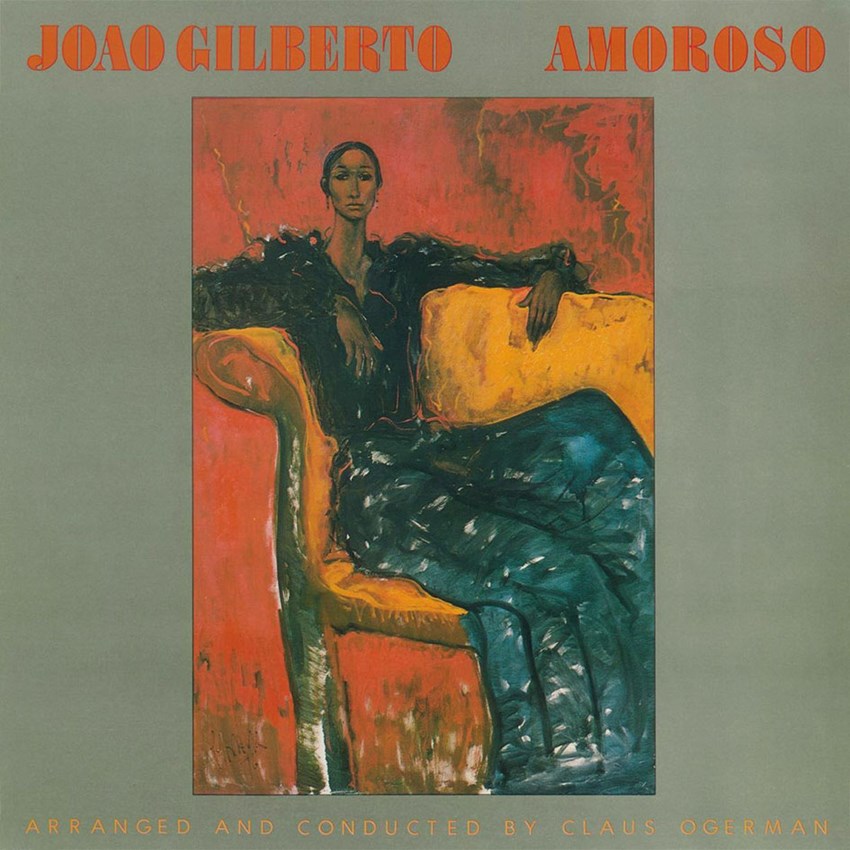
Amoroso
(Warner Bros, 1977)
One of Brazil’s most beautiful singers. João Gilberto created an environment, a style for his voice, just guitar and voice, you don’t need anything else. Just his voice and guitar, and the music happens. Chega de Saudade is a beautiful album, but I think the album I love the most from João Gilberto is Amoroso. I still listen to it. Sometimes when I want to feel chic, I take out my car, it’s a convertible car, and I [mimes pulling the roof back] and then I go for a drive and put João Gilberto on… and I feel chic.

